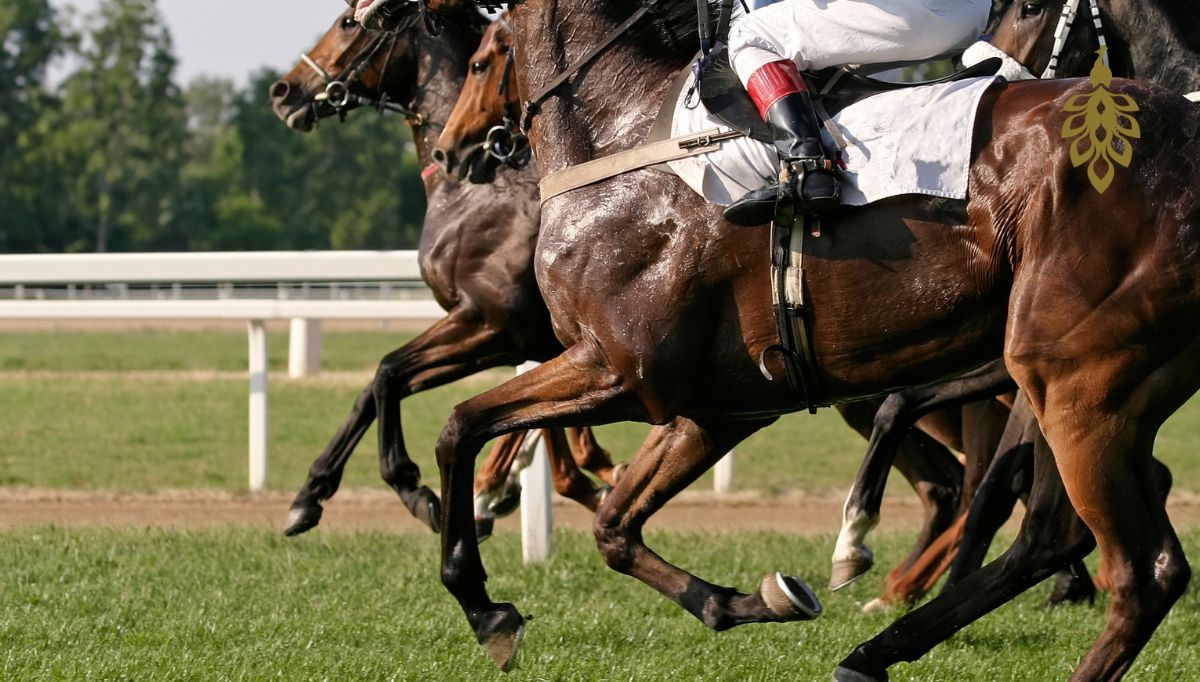What assets are exempt from capital gains tax in the UK?
Capital Gains Tax » April 24, 2024

Capital Gains Tax (CGT) exemptions updated as of June 2024.
In the majority of cases, if an asset is being sold as part of a divorce, Capital Gains Tax (CGT) will need to be considered. From April 2023 there is no immediate capital gains tax on transfer of asset but the future tax liability will move to the new owner.
There are, however, some assets which are totally exempt from CGT. This means there is no tax to pay on the sale of the asset (but also that no capital losses can be claimed if the asset has gone down in value).
Wasting Chattel
All assets with a useful life of less than 50 years are exempt from tax. These assets tend to have moving or mechanised parts which are the source of their ‘wasting’ definition. Examples include:
- cars
- motorbikes
- boats
- yachts
- racehorses
- greyhounds
- clocks
- shotguns
Chattels £6,000 or under
A chattel is an asset you can touch and move. Any assets bought for and sold for under £6,000 are exempt from CGT. For example, if you purchase an antique plate for £1,000 and sell it for £5,200, this is not a chargeable gain. If you purchase an asset for under £6,000 and sell it for more than £6,000, special rules apply for working out the gain.
Winnings
Prize winnings, such as lottery winnings or winnings from gambling, are exempt from CGT. The caveat to the above is that if an individual is running a business selling these assets, the profits would be taxable. For example, if an individual has a business selling racehorses, the money they make in that business is taxable. However, if they just purchased a racehorse and later sold it and made money, this would be exempt from CGT.
Sign up to be notified when we publish new articles: Juno Family Newsletter
Need expert tax support?
Find a full list of how Juno can support on our Services page. Alternatively, get in touch with our team at: family@junotax.co.uk
